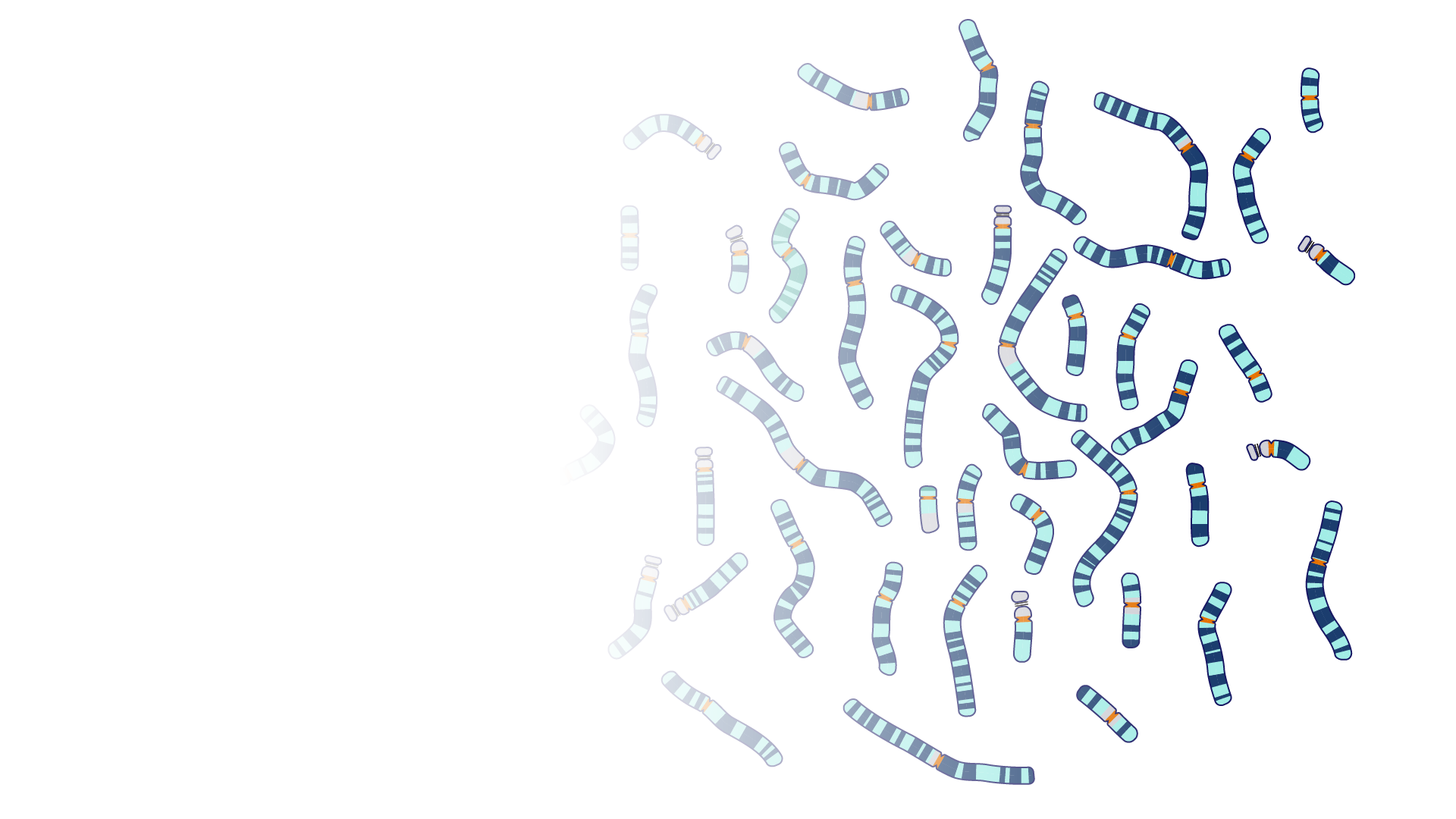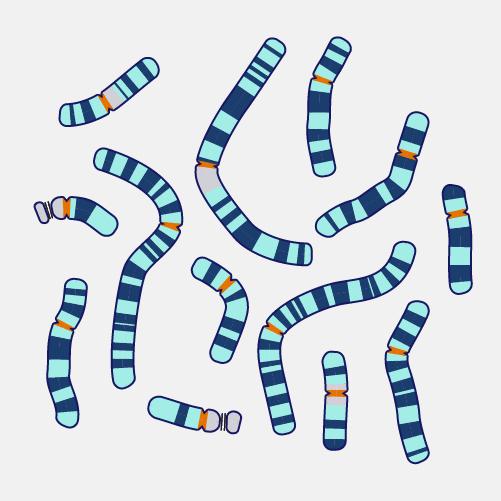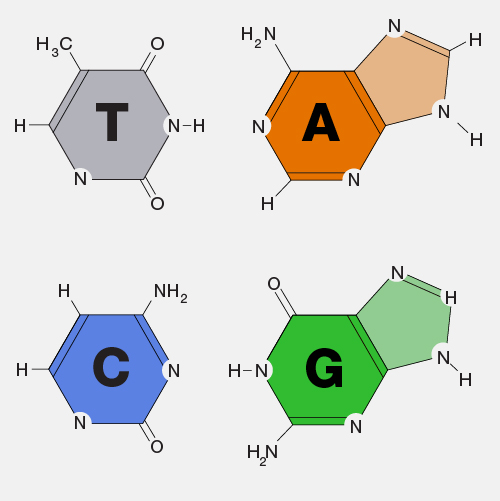
Genetic Information Nondiscrimination Act (GINA)
Definition
The Genetic Information Nondiscrimination Act (abbreviated GINA) is federal legislation in the United States that protects individuals against discrimination based on their personal genetic information, as it applies to health insurance and employment. These protections are intended to encourage Americans to take advantage of genetic testing as part of their medical care. GINA was signed into law on May 22, 2008.
Narration
Genetic Information Nondiscrimination Act. The Genetic Information Nondiscrimination Act, also known as GINA, was a remarkable legislative achievement because it was the first time that our government created a law to prospectively protect people from discrimination. Since our genetic information can predict future health, lots of people were worried about having this important clinical information used against them. So to make people feel safe about seeking genetic tests, the law prevents employers and health insurers from asking about genetic information and from using genetic information to make work or insurance decisions. It's important to note, however, that GINA does not apply to other kinds of insurance like life or long-term care coverage.




